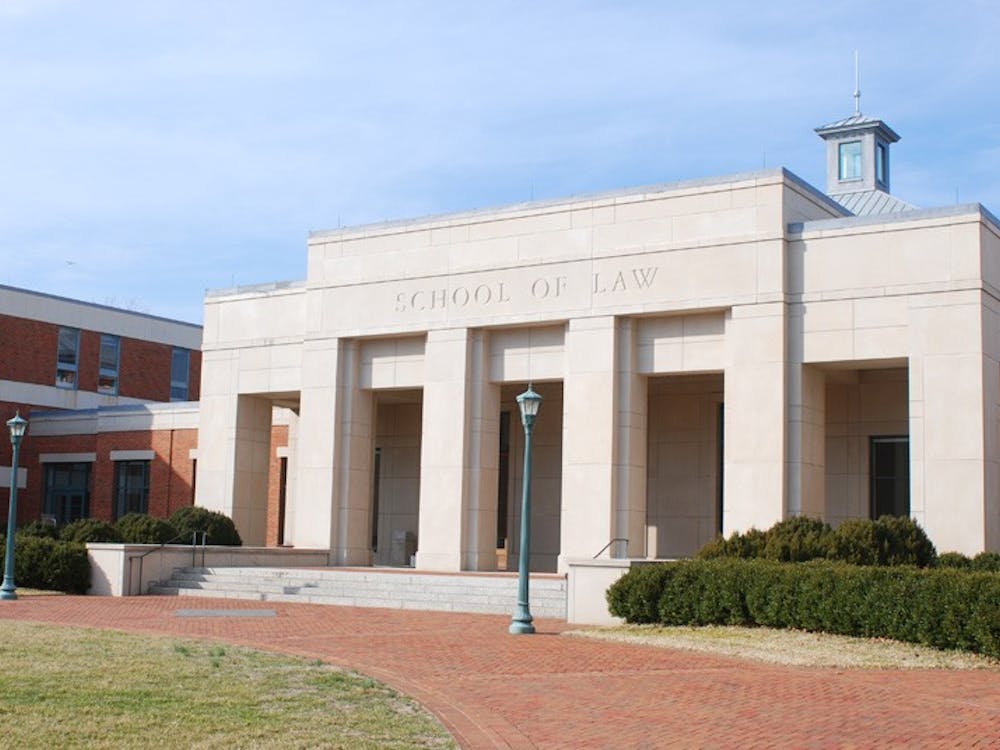News
By Caroline Houck
|
March 31, 2011
The University has reformulated its fellowship program for the fall of 2012, decreasing the number of future graduate students and raising some concern that fewer teaching assistants will be available to teach in the College.
College Dean Meredith Woo said she believes the new structure will increase the value and longevity of remaining fellowships and will improve the quality and competitiveness of the Graduate School of Arts & Sciences.
"We have made our fellowship offerings more competitive [financially] so we could get better graduate students than ever before, and we are also guaranteeing our graduate students support for five years, so they wouldn't have the fear of not knowing if they could continue their work next year, even if they were in good standing," Woo said.
David Leblang, professor of governance at the Miller Center of Public Affairs and professor of politics at the University, said he expects the changes will help the University appeal to first-rate potential graduate students.
"The new policy allows us to be more competitive in attracting the students we really want to attract," Leblang said.
Despite the reformulation's potential benefits, Religious Studies Prof.














